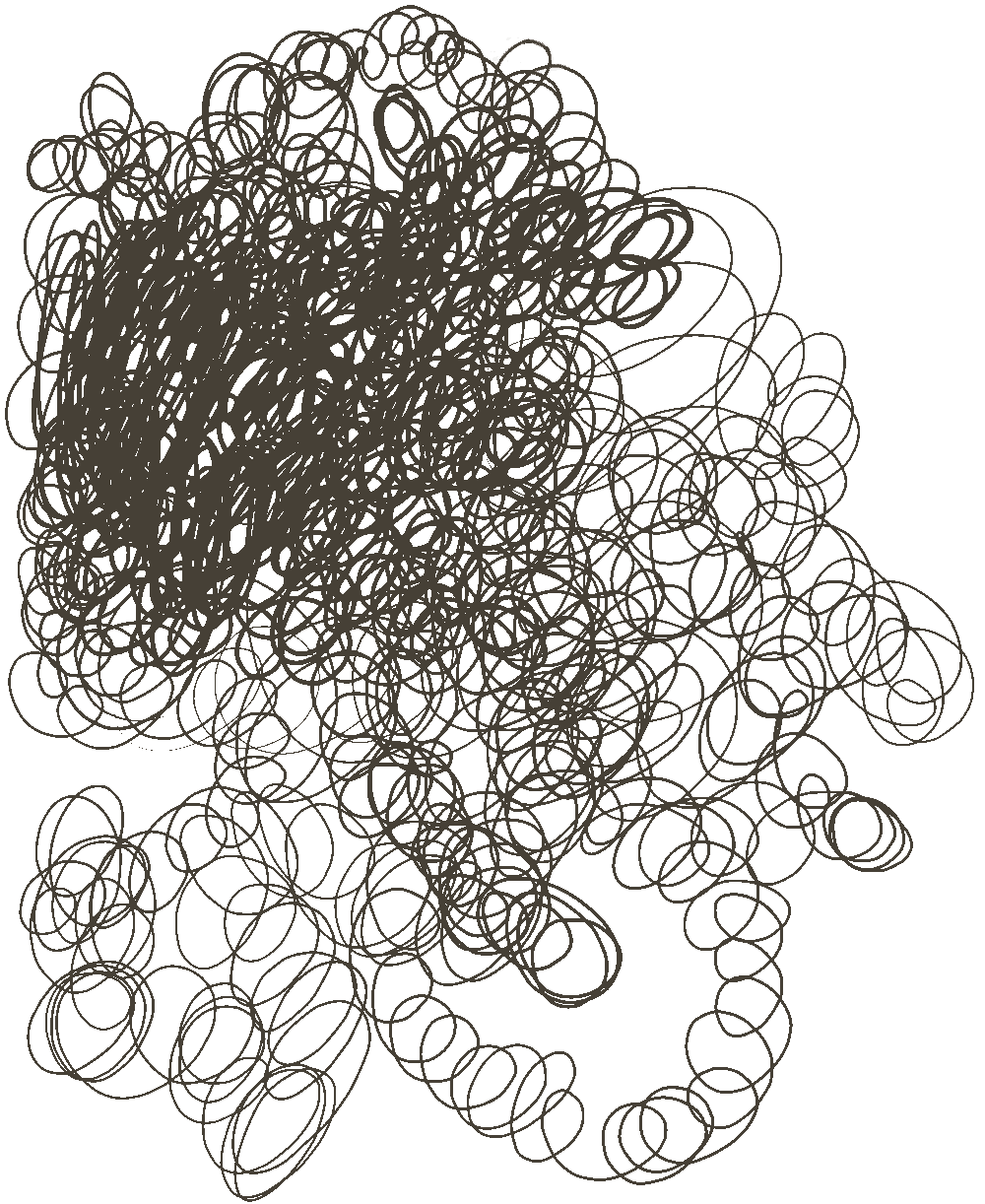Two studies released Monday reveal a decline in hospitalizations during the coronavirus pandemic, supporting concerns that people are delaying necessary medical care.
Researchers from the NYU Grossman School of Medicine examined hospital admissions within the NYU Langone Health system comparing the March through May period for 2020, 2019 and 2018. They found a significant decrease in the number of hospitalizations for non-coronavirus conditions such as heart attacks and appendicitis during the peak of the pandemic.
The number of non-Covid hospitalizations dropped to 3,657 in 2020 from 6,411 in 2019 and 5,368 in 2018, they reported in the journal JAMA Internal Medicine.
The drop in hospitalizations was seen for various conditions, from complications of chronic health conditions to emergencies and injuries.
In a separate study, researchers from Stanford University and Weill Cornell Medical Center found a significant drop in hospitalizations across both systems for heart attacks, strokes, appendicitis and bleeding surrounding the brain during the pandemic.
Their results included a 39% decrease in heart attack cases and 49% decrease in stroke cases at Weill Cornell Medical Center. The researchers note that their findings, in combination with an increasing number of non-coronavirus at-home deaths, reveal a discouraging pattern.
While the researchers note that the results of their respective studies may not be generalizable to the whole population, their findings match previous research showing a decline in hospitalizations across the country since Covid-19 took hold. The concerns they raise are in line with doctors who have been sounding the alarm that deferring care during the pandemic could cost some people their lives.
Multiple factors are likely at play, including loss of income or insurance and changes in patient lifestyle. Many health professionals have suggested that fear of catching Covid-19 has been a driving factor keeping people out of doctors’ offices and emergency rooms at times when they need in-person care.


















